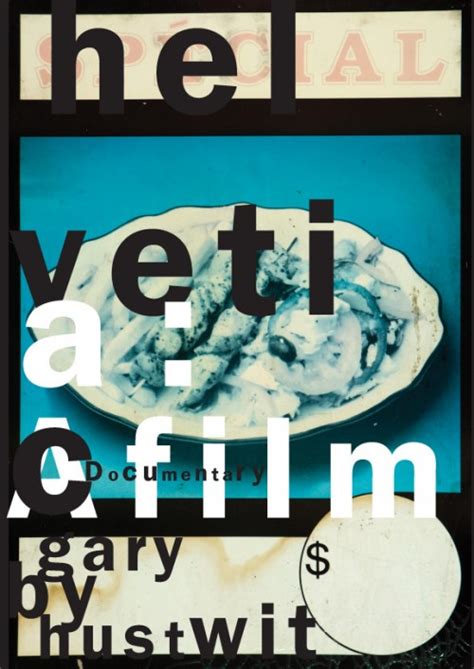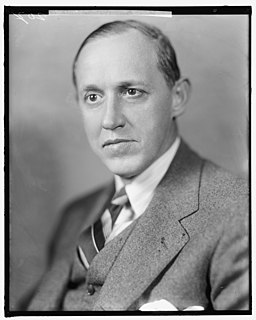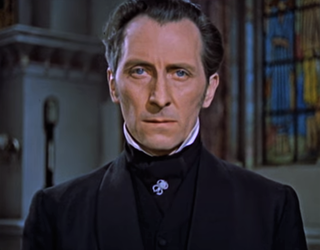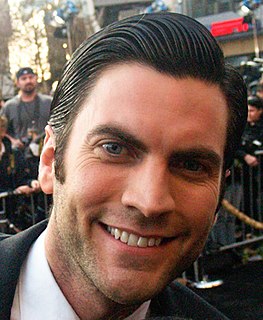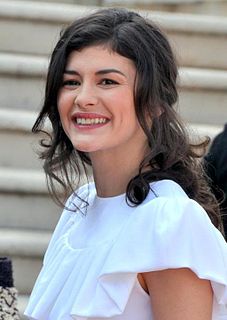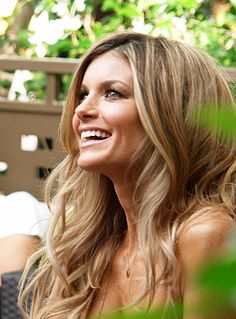Цитата Дэвида Карсона
Моя специальность — социология. В сочетании с моим графическим подходом, если бы я мог сделать несколько кинопроектов, я думаю, что в конечном итоге я был бы очень хорош в создании документальных фильмов, но люди, конечно, не думают обо мне за это. Но диалоги — это то, в чем я могу быть хорош.
Связанные цитаты
Я действительно надеюсь, что я могу быть настолько хорош, как некоторые люди думают, что я могу быть. Но я могу больше никогда не работать... и это реальность киноиндустрии. Итак, это мило, но я бы не хотел ввязываться во что-то вроде того, что мне нужно доказать, что я достаточно хорош, чтобы быть там. Может быть, в некотором смысле это заставляет меня думать: «Знаешь что? Некоторые люди думают, что я в порядке, так что, может быть, мне следует идти на работу, думая, что я не мусор». Но я действительно не думаю об этом.
Большинство людей смотрят художественный фильм и говорят: «Это всего лишь фильм». Для меня нет границы или стены между художественным и документальным кино. В документальных фильмах вам приходится иметь дело с реальными людьми и их реальными чувствами — вы работаете с настоящим смехом, счастьем, грустью. Попытка отразить реальность — это не то же самое, что сама реальность. Вот почему я думаю, что сделать хороший документальный фильм намного сложнее, чем хороший художественный фильм.
Я ушел из кино, потому что чувствовал, что фотография — это мое искусство. Это было то, что я мог сделать сам, в то время как фильм был таким совместным. Я думал, что как фотограф я могу сделать что-то художественное, что будет моим, и мне это понравилось. И только когда я вернулся в кино, и у меня была очень маленькая съемочная группа, и я мог делать очень крошечные фильмы, которые не составляли 100 человек, я все еще чувствовал, что делаю что-то художественное как режиссер. Итак, вы знаете, я художник, и будь то фотография или фильм, я хочу, чтобы мой голос был там, и я думаю, что мой голос очень силен в этом фильме.
Я не думаю, что все комедии должны быть бессмысленными. Имейте что-нибудь продуманное. Может быть, некоторые вещи иронизируют; может быть, некоторые вещи очень прямые. Мне нравится, что люди должны думать о вещах. Это волнует меня. Потому что если вы говорите определенные вещи, начинается диалог. Даже если вы не согласны, это все равно диалог.
Мои коллеги-актеры очень вдохновляют меня, и действительно хороший сценарий вдохновляет меня. А затем пытаться придерживаться решения делать только то, что, как я думаю, бросит мне вызов, и что я лично и очень субъективно считаю хорошим не делать что-то, потому что я думаю, что это принесет мне много денег или принесет мне много денег. наград. Я пытался очень, очень строго относиться к тому, что я делаю. И это то, чем, я думаю, я в основном жил.
Сейчас японские компании больше внимания уделяют этому. Иметь двух независимых директоров — я думаю, это хорошо, когда люди со стороны смотрят на тебя и думают, что ты мог бы сделать лучше. Это добровольно, но большинство компаний сказали мне, что собираются это сделать. И я думаю, что для них хорошо, например, сказать, что наша прибыль на собственный капитал должна быть выше. Кроме того, я думаю, что некоторые из них могли бы быть более амбициозными.
Вы хотите получить опыт. Что касается творческой стороны, то чем больше я этим занимаюсь, тем больше понимаю, что все дело в писательстве. Иногда вы попадаете в фильм, и он как бы наполовину написан, и они ожидают и думают, что работа актера состоит в том, чтобы привнести лишнюю роль и хорошую роль. Это не. Мы умеем говорить то, что написали другие люди, но по большей части это все, не считая комиков. Это все в письме. Будь то диалог или характер, или что-то еще, это не имеет значения. Пока они сделали что-то особенное, вы можете сделать что-то особенное.
Некоторые фильмы, конечно, чистое развлечение, но то, что меня интересует и чем я хочу заниматься, — это проекты, которые действительно заставляют вас думать, которые двигают вас, которые принесут вам что-то, что останется с вами на какое-то время. Я думаю, что фильмы необходимы для интеллектуального пробуждения людей.
